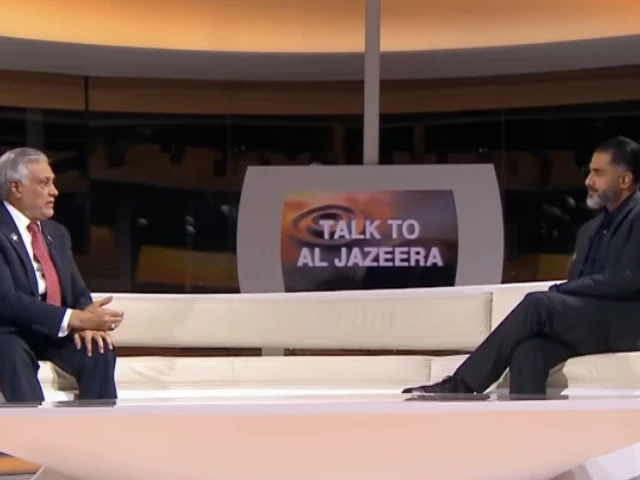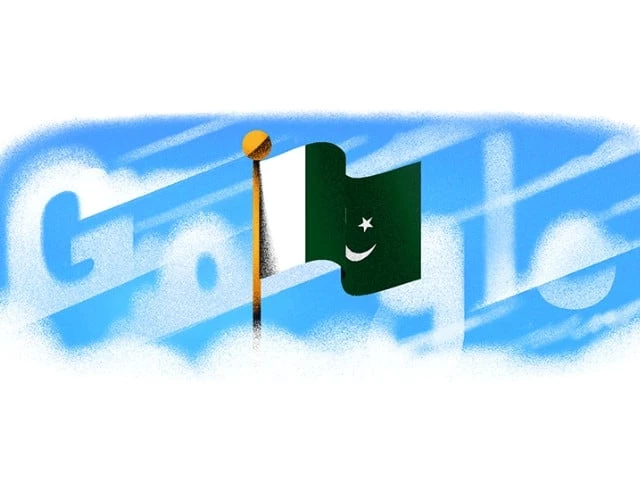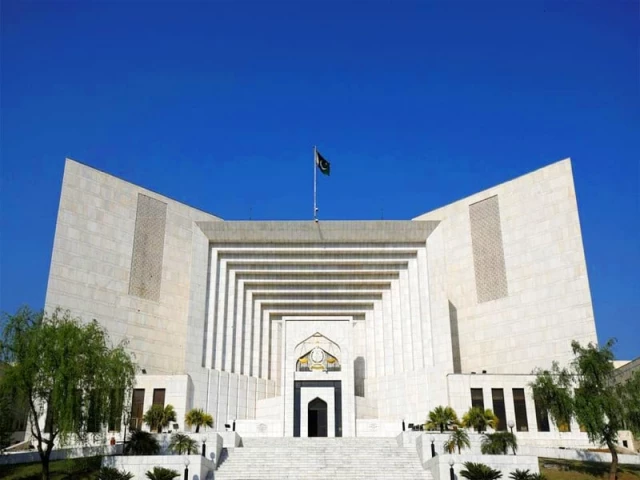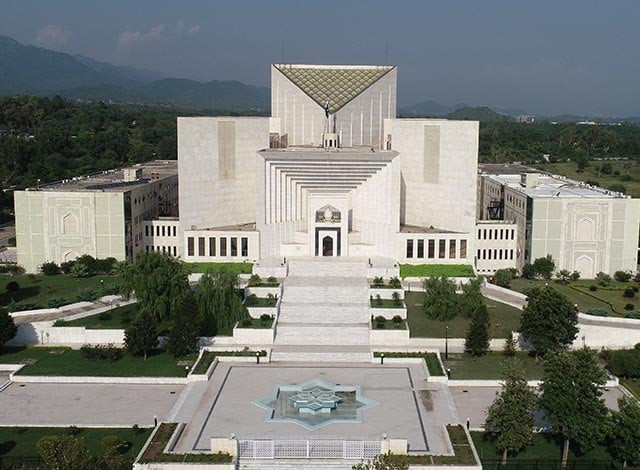Understanding the Recent Tensions: A Closer Look at Pakistan’s Position
In a recent conversation with Al Jazeera, Pakistan’s Deputy Prime Minister and Foreign Minister, Ishaq Dar, laid bare the country’s stance on escalating tensions in the Middle East, particularly concerning the recent Israeli strike on Qatar. As a nuclear power, Pakistan emphasizes its commitment to defending its sovereignty, regardless of the aggressor. Dar’s declarations resonate with many as they reflect the concerns of a nation keen on stability in an unstable region.
The backdrop of the discussion was significant. Dar condemned Israel’s actions, labeling them not only a violation of international law but also a direct assault on the sovereignty of Muslim nations. He pointed out how Israel has targeted several countries, including Lebanon, Syria, and now Qatar, threatening the peace efforts spearheaded by Qatar and other diplomatic actors. This heightened tension calls for more than just verbal denunciations; it demands a robust action plan from the global Muslim community.
During the interview, Dar stressed the need for unity among the 57-member Organisation of Islamic Cooperation. He urged that now is the time for decisive measures rather than statements that might make it seem like Muslim countries are failing in defending their interests. Pakistan has already taken proactive steps by calling for a special UN Security Council session and involving the UN Human Rights Council.
While acknowledging the potential for military action, Dar maintained that Pakistan’s primary approach revolves around peace and dialogue. However, should aggression continue, he hinted at various responses—be it economic sanctions or even the establishment of a regional security force.
Notably, Ishaq Dar also touched on other pressing issues such as Kashmir, where he asserted that international resolutions regarding the conflict remain unimplemented. He clearly articulated Pakistan’s position on water rights and security matters, indicating that actions taken by neighboring India regarding the Indus Waters Treaty would be considered acts of war.
Moreover, on the topic of regional relations, particularly with Afghanistan, Dar noted improvements in trade and agreements but voiced concerns regarding militant groups posing threats to Pakistan. The expectation for these groups to be expelled echoes Pakistan’s commitment to securing its borders and ensuring peace.
As the conversation shifted towards humanitarian aspects, Dar called for an immediate ceasefire in Gaza and stressed the necessity of providing humanitarian aid. His statement underscores the urgency of protecting civilian lives amid ongoing conflict.
In today’s interconnected world, understanding these geopolitical dynamics is crucial. For those interested in engaging more deeply with issues like these or enhancing their knowledge about international affairs, consider exploring resources that illuminate global perspectives. Engaging with entities like Pro21st can provide valuable insights into the complexities of global politics and security concerns. Whether through insightful articles or discussions, staying informed helps us all contribute meaningfully to these important conversations.
At Pro21st, we believe in sharing updates that matter.
Stay connected for more real conversations, fresh insights, and 21st-century perspectives.





